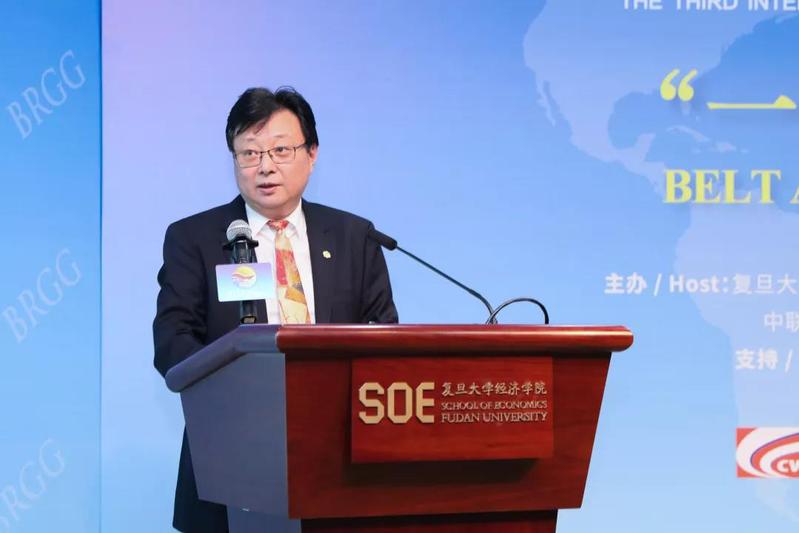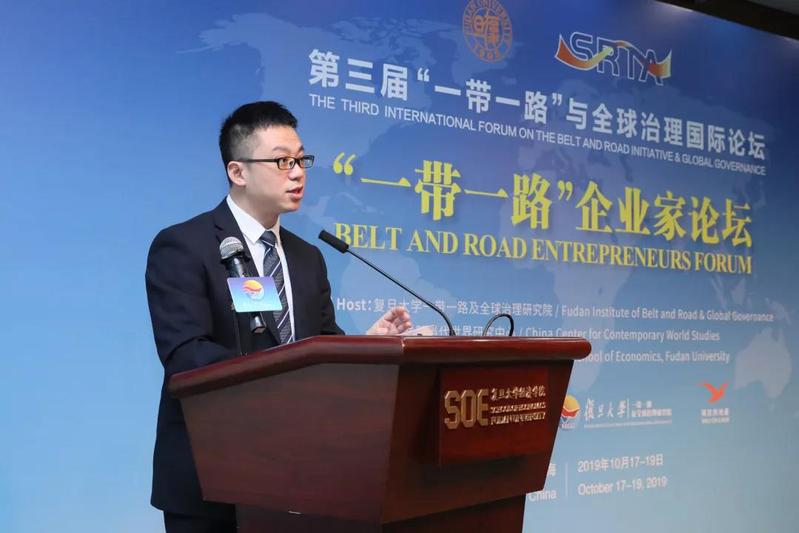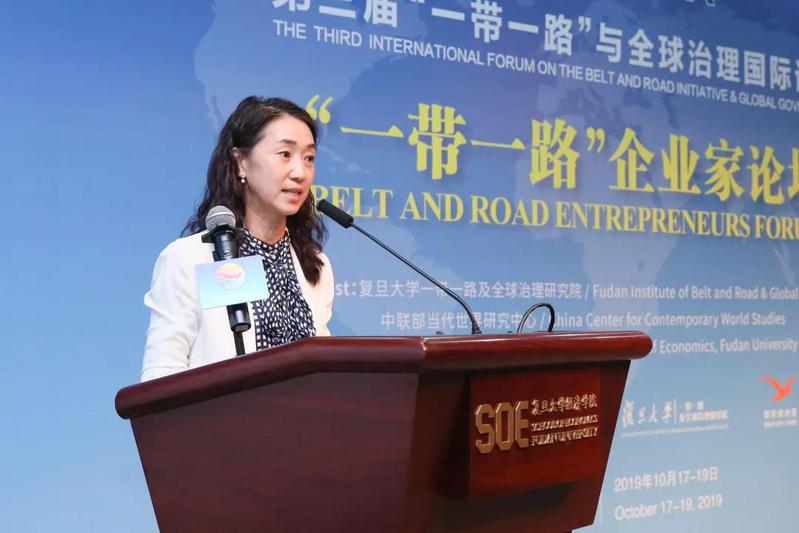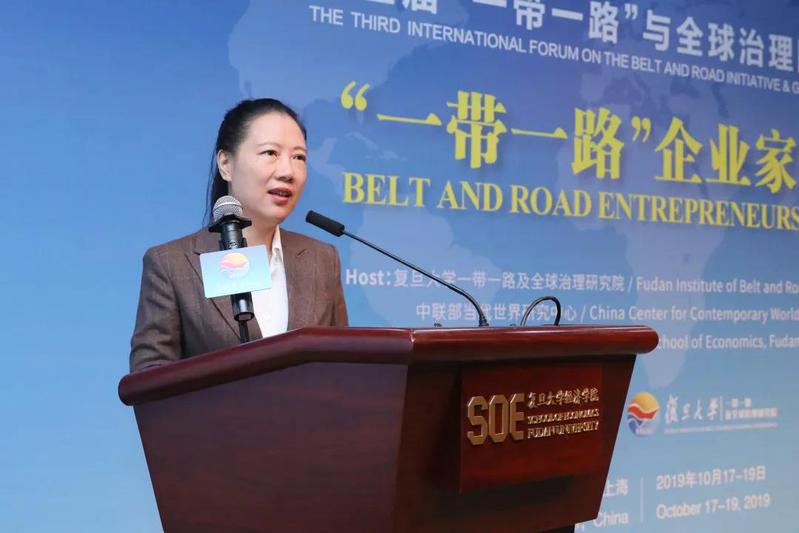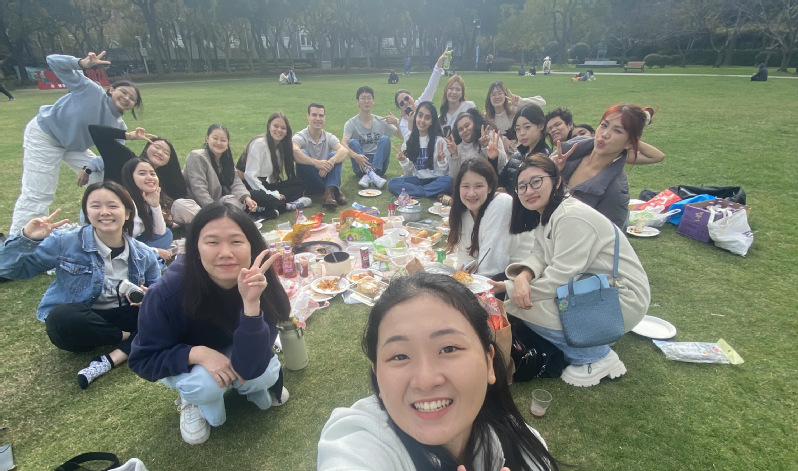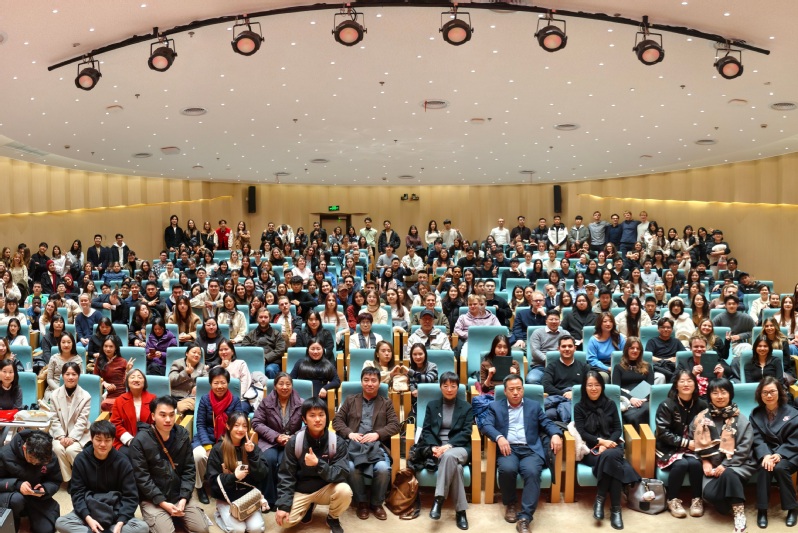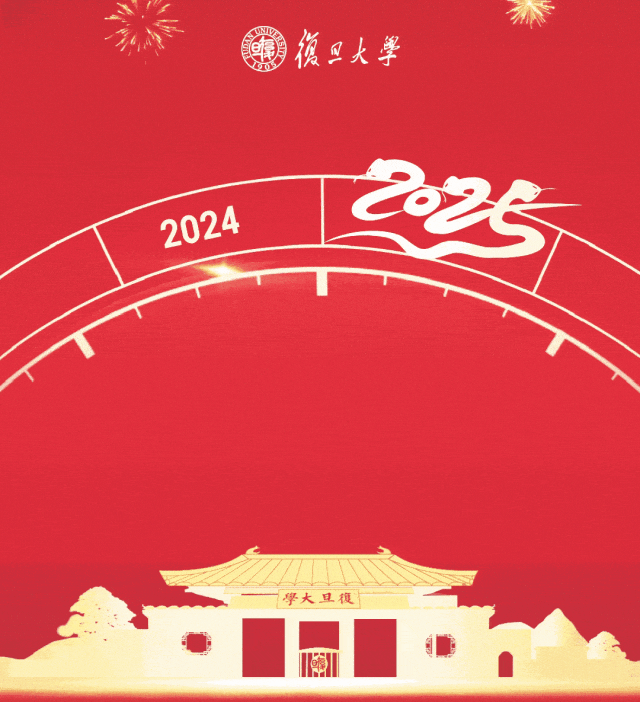On October 18, the Entrepreneurs Forum, a sub-event of the International Forum on Belt and Road Initiative and Global Governance, was held at Fudan. The Entrepreneurs Forum invited guests from business sectors related to the BRI and financial commentators, who had in-depth exchanges of their opinions on new finance, international production capacity cooperation, the shared community for energy resources, China Merchants Group’s practice at ports and zones, infrastructure construction and investment, insurance, and cooperation among capital markets along the Belt and Road.
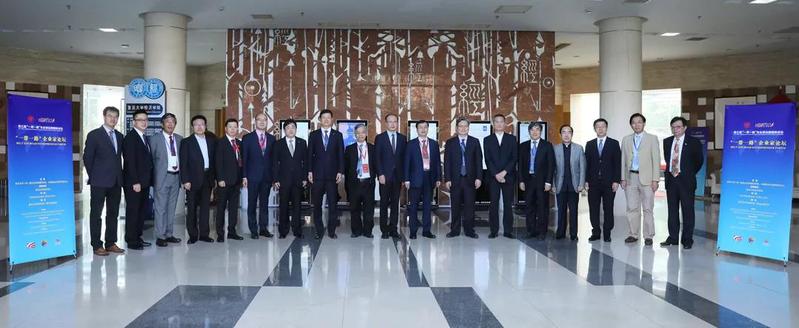
Enterprises are the core pillars to support the sustainable “high-quality” development of the Belt and Road Initiative(BRI) by “jointly building” a collaborative force. According to the forum, high quality is mainly reflected in high-quality projects, good management, sustainability, the focus on people's well-being, environment protection, and the adoption of digital economy. “Jointly building” is reflected in the diverse participants, cooperation with the host country and third-party countries, mutiple fields including finance, insurance, securities, etc.
Vice President of Fudan University Chen Zhimin, Director of China Center for Contemporary World Studies Jin Xin, Commissioner of banking, China Development Bank Guo Lian delivered welcome speeches at the opening ceremony.
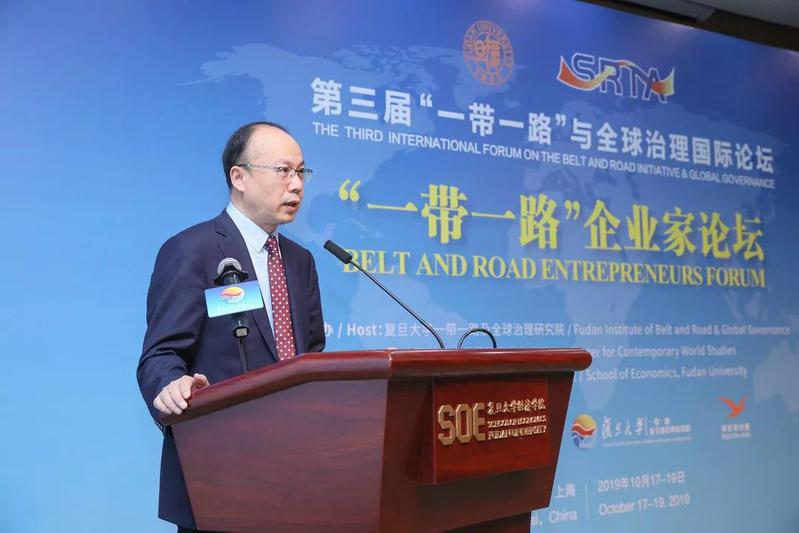
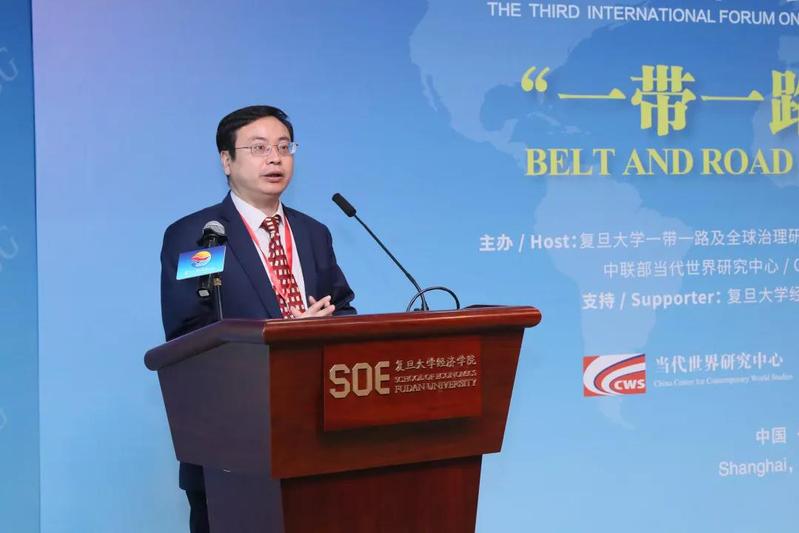
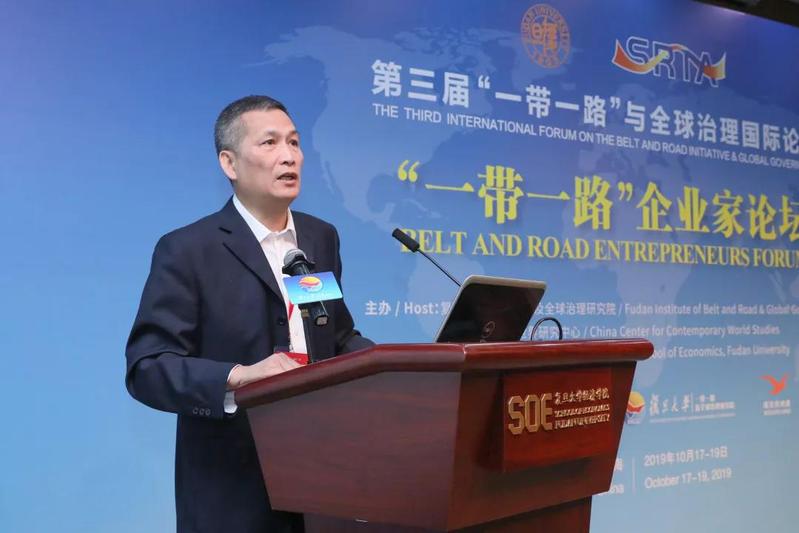
Meng Huaqiang, Deputy Director of Bureau of Planning and Development, summarized the roles of state-owned enterprises (SOEs) in the implementation of BRI. He believes such roles are mainly manifested in four aspects, namely 1) enhancing the industrialization level of the countries along the Belt and Road by focusing on economic cooperation between enterprises, 2) fostering the environment-friendly use of resources for the improvement of the green development of the countries along the Belt and Road; 3) playing an exemplary role in compliance management with public well-being as the basis, and 4) forging a new global platform with the aim of mutual benefit and win-win outcomes.
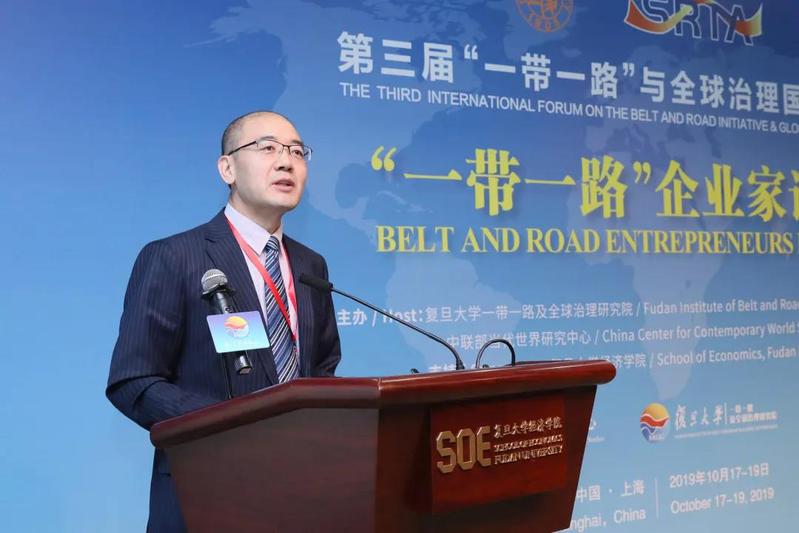
Meng also offered advice on the future development of SOEs. He believes more efforts should be made in 1) adhering to the problem-oriented principle by meeting local development needs and having effective communication; 2) improving the standards and quality of project management to create excellent projects; 3) further expanding cooperation to obtain mutual benefits and win-win results and 4) assuming social responsibility and demonstrating excellence in corporate citizenship.
Xie Yangjun, Director of Silk Road International Production Capacity Cooperation Promotion Centre analyzed how BRI should be built by referring to six points: space layout, major projects, financial support, policy support, coordination between the National Development and Reform Commission and provincial governments, and export facilitation through inter-enterprise cooperation.
In the process of “going out”, talents, funds, projects, policies and professional services are the five most important factors. Xie suggested building a one-stop service platform and a coordination platform for the Initiative to help enterprises enhance exportation by means of cooperation and achieve sustainable high-quality development.

Guests from China Three Gorges Corporation, China Merchants Group Ltd, and China Communications Construction Company Ltd shared their practical experience since the Initiative was proposed. Their scopes of business are largely concerned with people’s well-being. They have played leading roles in enhancing exportation by utilizing their own resources and advantages and cooperating with other companies.
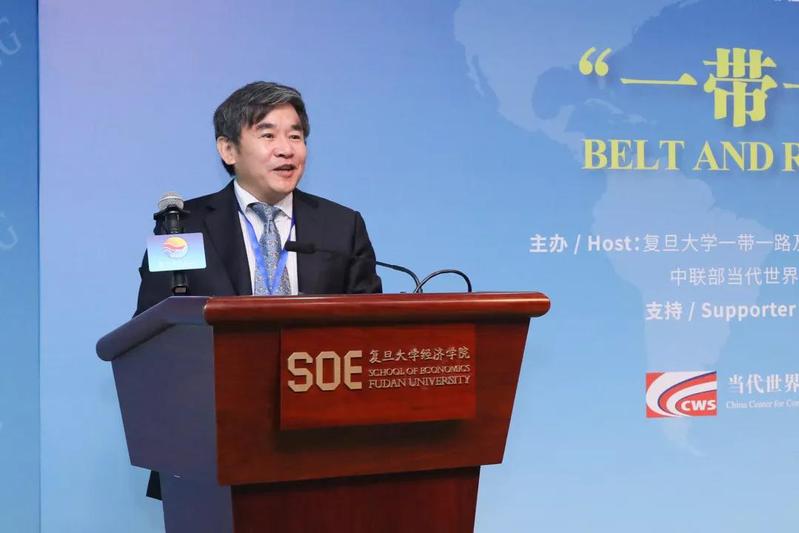
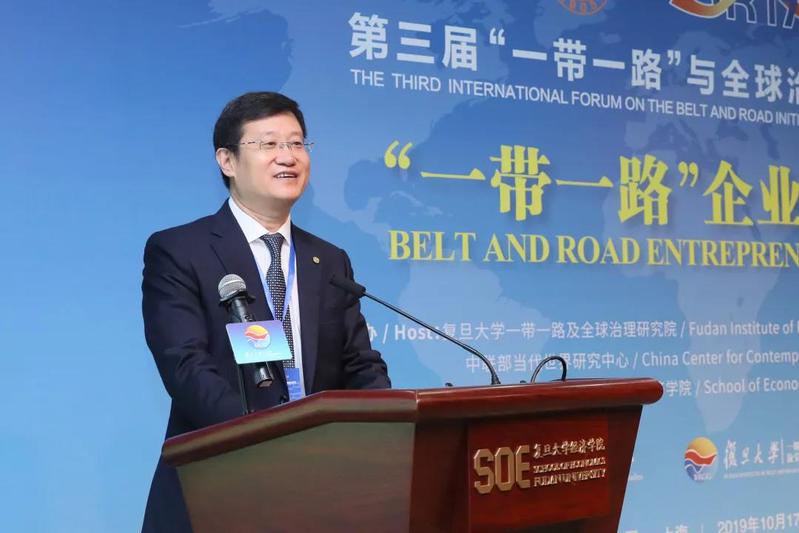
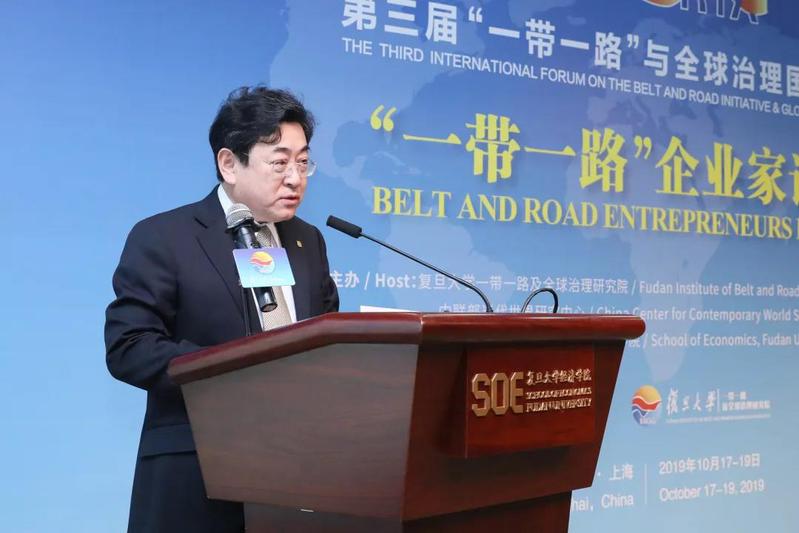
Jiang Lindi, Party Chancellor of Shanghai Electric Power Construction Co. Ltd , Zhu Sheng, Deputy Director of Global Business Development Department of Shanghai Stock Exchange, Kang Ying, Vice President of Chubb Insurance Company Ltd, and Ye Tan, the renowned financial commentator also shared their perspectives under the conference theme.
